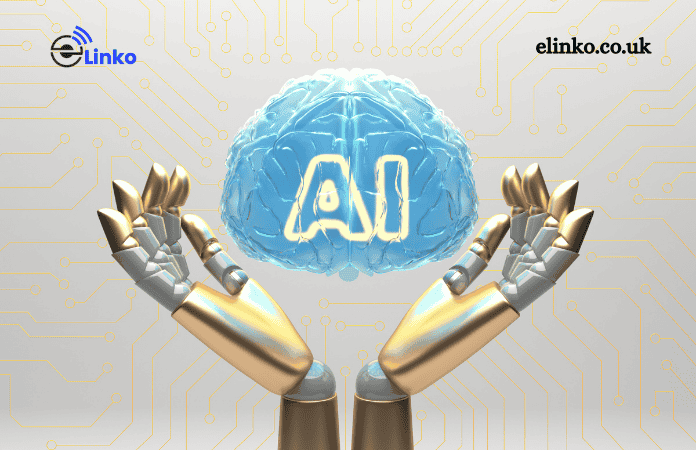Hey there! Have you ever wondered if AI is actually, you know, *thinking* like we do? It’s a question that pops up a lot these days. We hear so much about artificial intelligence taking over the world, writing books, and even driving cars. But let’s take a closer look and see if it’s all hype or if there’s something more to it.
AI: More Like a Super-Smart Toaster?
The truth is, a lot of what we call “AI” right now is really just sophisticated automation. Think of it like this: a toaster is automated. You put bread in, push a lever, and perfectly toasted bread pops out. It doesn’t understand bread; it just follows instructions. Similarly, most AI today follows complex instructions, but it’s not actually “intelligent” in the way we typically think of it.
Think of AI programs like really, really good recipe followers. They can sift through tons of data (ingredients), follow complicated steps (cooking instructions), and create something amazing (a delicious meal). But did the AI “understand” the recipe or why the ingredients work together? Probably not!
The Illusion of Intelligence
So, where does the confusion come from? Why does it *seem* like AI is intelligent? Well, a big part of it is how well these systems are designed to mimic human behavior. They can:
- Understand our language (to some extent)
- Generate text that sounds human
- Recognize patterns in data
- Make predictions based on those patterns
For example, an AI chatbot might answer your questions in a way that sounds helpful and informative. But it’s doing this by using sophisticated algorithms to predict the most likely response based on the question you asked. It’s not actually “thinking” about the answer in the same way a human would.
Automation on Steroids
Instead of “artificial intelligence,” a more accurate term might be “advanced automation.” AI excels at tasks that are:
- Repetitive
- Data-heavy
- Rule-based
This is where AI really shines. It can process massive amounts of information much faster and more accurately than any human could. Think about tasks like fraud detection, analyzing financial data, or even recommending products you might like online. These are all areas where AI is making a huge difference.
I remember a time struggling to sort through a mountain of spreadsheets trying to identify data anomalies. Now, AI can do that in minutes! That’s the power of advanced automation.
Why Does This Matter?
Understanding the difference between true intelligence and advanced automation is important for a few reasons:
- It helps us manage our expectations: AI isn’t going to solve all our problems overnight. It’s a tool, and like any tool, it has its limitations.
- It helps us focus on the right things: Instead of worrying about AI becoming sentient and taking over the world, we can focus on using it to solve real-world problems.
- It helps us prepare for the future: As AI continues to evolve, we need to think about the ethical implications of its use and how it will impact our jobs and society.
The Future of AI: What to Expect
So, what does the future hold? While current AI might not be truly “intelligent,” it’s constantly evolving. Researchers are working on new approaches that could lead to more advanced forms of AI in the future. This includes areas like:
- Artificial General Intelligence (AGI): AI that can perform any intellectual task that a human being can. This is still largely theoretical.
- Machine Learning: Algorithms that allow computers to learn from data without being explicitly programmed.
- Deep Learning: A subset of machine learning that uses artificial neural networks with multiple layers to analyze data.
These advancements could lead to AI systems that are more adaptable, creative, and capable of solving complex problems. But even then, it’s important to remember that AI will still be a tool, and it’s up to us to use it responsibly.
So, Is AI Intelligent?
For now, the answer is probably not in the way we usually mean it. AI is an incredibly powerful form of automation that can help us solve problems, improve efficiency, and make our lives easier. But it’s not a replacement for human intelligence, creativity, or critical thinking.
What do *you* think? Is the distinction between advanced automation and true intelligence important? Let me know your thoughts in the comments below!
This is an exciting time for AI, and by understanding its true nature, we can harness its power for good and prepare for the future. Thanks for reading!



